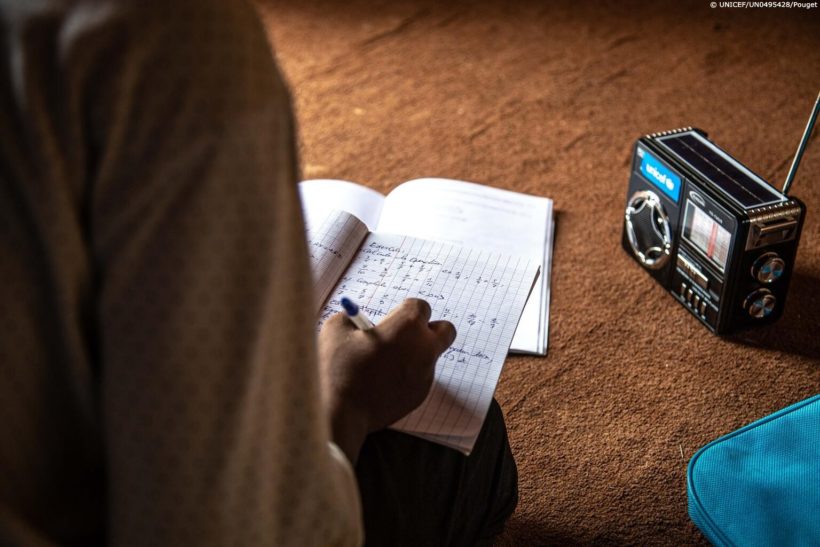At the beginning of our era, access to knowledge was restricted to small power groups composed of men. Women and the general population did not have access to education. It was not until the 19th century that states began to assume their role in education.
In Chile, the Law of Compulsory Basic Instruction came into force on 26 August 1920 after a lengthy debate in the National Congress that lasted 20 years. The “educationists” had a hard job in gaining a majority to impose this law on those who opposed it under the pretext that it was not the State’s place to allocate public resources to the education of its children because it was money wasted.
But opposition came not only from the conservative elite, but also from those who saw no benefit in education. The Law finally established that: “parents or guardians had to make their children or wards attend for at least four years – before the age of thirteen – a public, municipal or private primary education establishment”, and those who failed to do so were liable to imprisonment. In my childhood, I had the opportunity to listen to older people who still remembered how the police of the time and afterwards the carabineros would go to homes looking for children to take them to school.
Although the law made it compulsory for girls and boys to attend school, they were segregated and with a differentiated curriculum, a situation that continued until the reform of the 1960s when mixed schools were created, at which point the curriculum was unified. Despite these changes, today we still face sexist education, as well as other limitations.
As can be seen, education has always generated divisions between those who favour the status quo (that nothing changes) and those who believe that society must adapt to new realities. Education is much more than acquiring knowledge and that is why article 16 of the draft Constitution resonates with me in that it states that:
“All persons have the right to education. Education is a primary and unavoidable duty of the State”.
“Education is a process of formation and lifelong learning, indispensable for the exercise of other rights and for the scientific, technological, economic and cultural activity of the country. Its aims are the construction of the common good, social justice, respect for human rights and nature, ecological consciousness, democratic coexistence among peoples, the prevention of violence and discrimination, as well as the acquisition of knowledge, critical thinking and the integral development of individuals, considering their cognitive, physical, social and emotional dimensions”.
“Education shall be governed by the principles of cooperation, non-discrimination, inclusion, justice, participation, solidarity, interculturality, gender focus, pluralism and the other principles enshrined in this Constitution. It shall have a non-sexist character and shall be developed in a contextualised manner, considering territorial, cultural and linguistic relevance”.
Comprehensive education opens the door to freedom. Freedom that comes from developing critical thinking and living a participatory citizenship.










